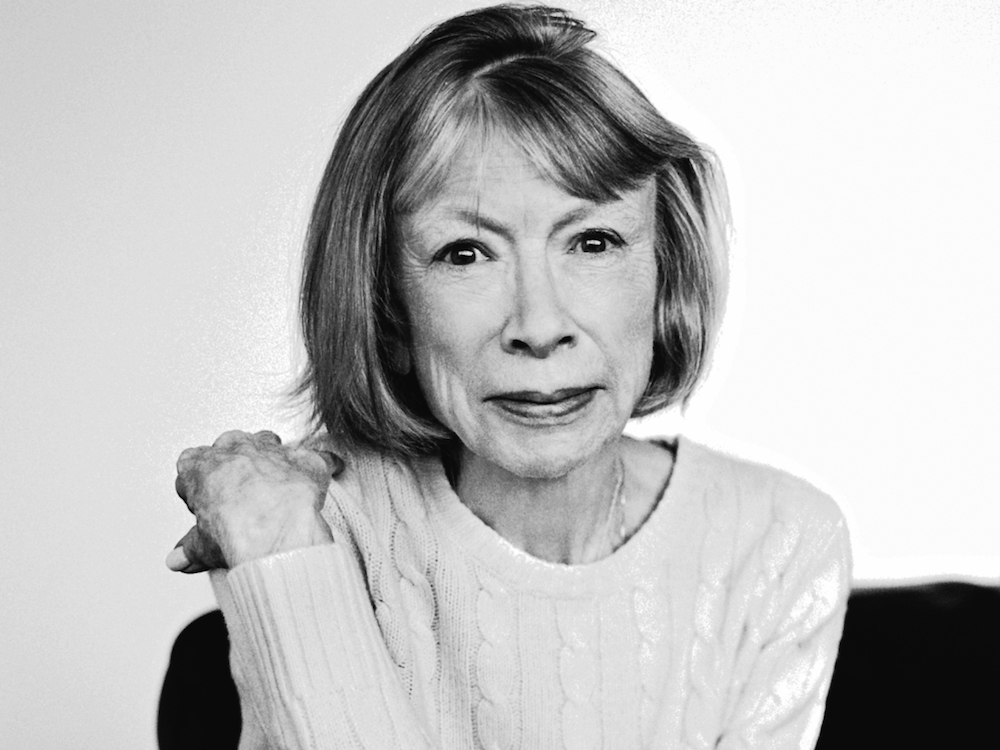The making of history is on everyone’s mind this week. And while it’s hard to look away from that history as it unfolds in real time on our screens, in Delaware and Washington and vote-counting centers around the country, I’ve been glad to have at hand another kind of history, recently made: a new anthology of American poetry. African American Poetry: 250 Years of Struggle & Song, edited by Kevin Young, is a doorstopper at north of a thousand pages, but with Library of America’s signature bible-thin paper stock, this inspiring span of American poetics—from Phillis Wheatley to Jamila Woods to Juneteenth of this year—can somehow still fit comfortably in one’s hand. Because I am a stubbornly linear person, my impulse is to start at the beginning and move steadily toward the end, and the thoughtful chronological delineations of Struggle & Song encourage that impulse. But during weeks like this week, in years like this year, being able to enter this volume midstream and explore it in smaller sessions is a welcome thing. Particularly, I’ve found myself reading the sixth section, Blue Light Sutras (1976–1989), and a group of poets whom Young describes as writing “in personal ways about history and its many musics.” Here are Rita Dove and Cornelius Eady, Yusef Komunyakaa and Nathaniel Mackey. And in the Mackey selection—from “Song of the Andoumboulou: 31”—I found a moment that felt like it could be speaking to this moment. There, Myth “wondered where the we we / were after would come / from, awaited what rush / we were told awaited / us.” —Emily Nemens
Between refreshing all the same pages as everyone else I know, I read poetry—single poems, often all my old favorites. I sift through the piles on my bedside and the bookmarks on my phone for comfort. “I’m too sad to read says the daughter” in Richard Siken’s “Journal, Day Three,” a poem about “Weakness, Truth, Swearing, Precision, More Lies, and the Social Contract.” Like with all Siken poems, in “Journal, Day Three,” every word is a revelation. When Siken writes, there always seems to be a world of bad outside, encroaching, and bad feelings inside that we try our hardest to suppress. What remains in the space between is a constant meditation on distance and detail, the central tension of all his work—particularly his second collection, Details of the Hayfield. “Journal, Day Three” is especially concerned with semiotics, a subject I can only really wrap my head around in poetry. Siken says we are “surprisingly bigger and more vast than these words on the page,” which reminds me of when Robert Hass, in “Meditation at Lagunitas,” writes, “There are moments when the body is as numinous / as words,” and for a moment, I feel bigger than the maps on the screen, the slow percentages. For a moment, I remember I have a body, that I’m not just a formless mass of stress dreams and sadness. The bad world and bad feelings become something precise, something tenable and tied together in “connections we had always felt but only now could see,” like a poem. —Langa Chinyoka
Imagine you are on a trip through the Carolinas. Strangers at bus stations, breakfast counters, roadhouses all tell you stories, some long, some short, some lucid, some loony. This is the experience of reading Ashleigh Bryant Phillips’s debut collection, Sleepovers. Narrators confess, reminisce, and gossip with an openness and assumed absolution rarely found outside of nameless encounters. Phillips’s way of swooping in and out of the lives of so many people (the table of contents clocks twenty-three stories, one of which you can read in the Spring 2020 issue) is energetic: a man considers infidelity on his way home from a fishing trip; a sex worker imagines reincarnation as a deer; a young woman returns to her country home after moving away to a city. Humming under everything is a darkness, a violence, that the characters themselves cannot fully see, and often you want to pull the veil back further. But being at the mercy of a storyteller is the joy of listening to strangers while waiting for a bus—and so it is here. —Lauren Kane
This has been an exhausting week. Impulsively piping different news sources into each ear, I’ve found myself with next to no energy for reading. One thing that has helped bring me out of this rapid-fire, anxious stupor is an Ilya Kaminsky poem that’s been floating around social media: “We Lived Happily during the War.” It’s not a happy poem; it’s rather dour, actually. But it’s a beautiful piece that demands better of this country, regardless of what happens. —Carlos Zayas-Pons
I have been trying, for the past few days, to find some sort of shelter—in Middlemarch, in music, in food—and I can’t imagine I am the only person for whom nothing has worked. Whatever happens in the near future, something is truly, terrifyingly broken in the United States, and while the degree of brokenness and who is in charge of repair efforts obviously matter, at this moment all comforts seem cold. And so I have ended up back with a writer who makes little attempt to offer comfort. In Joan Didion’s work—the ability to focus or concentrate is long gone, so in between mental Electoral College math exercises, I have been picking up books at random and flipping through to find a sentence that will hold for a second—something is always broken, a person or a place or a system; her writing hems it in and controls it, watching without giving in to the chaos. But if you look closely, the language itself is stretched taut, one turn of the screw from shattering, and that is about how I feel right now. —Hasan Altaf
from The Paris Review https://ift.tt/3eAjuaq



Comments
Post a Comment